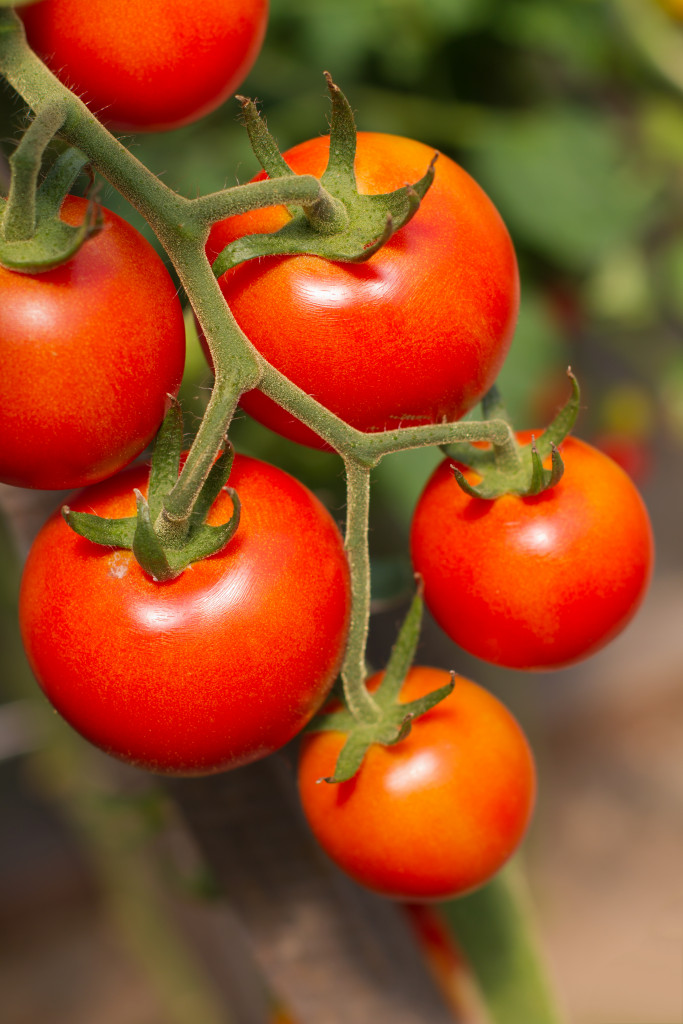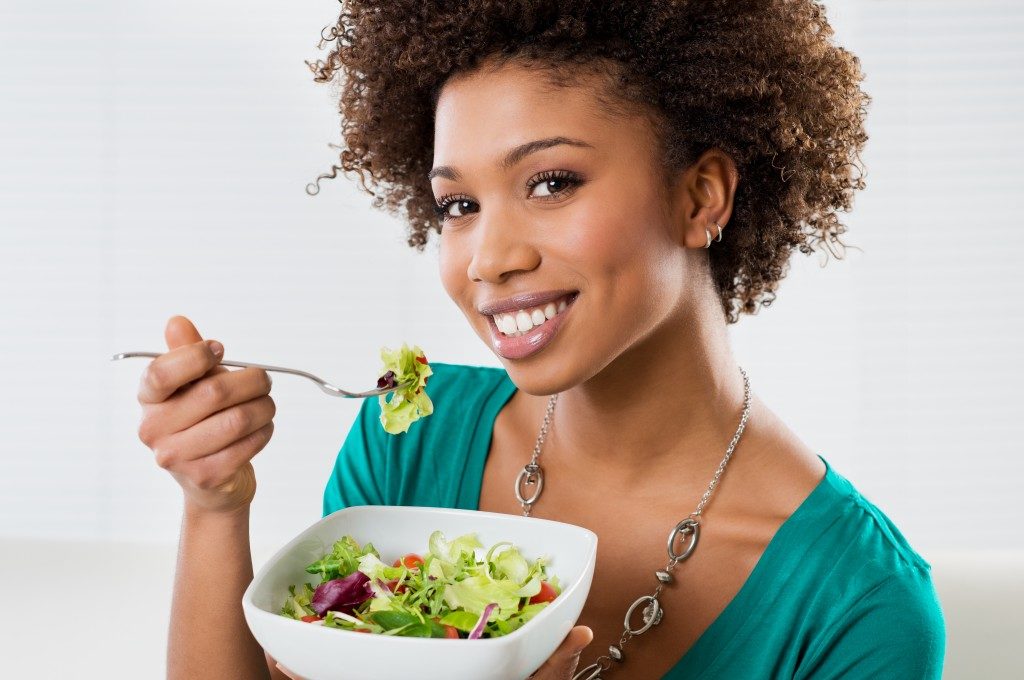For most elderly couples, gardening and having your sufficient little garden can help keep you busy and give you a good supply of food and herbs for years to come. Other than being able to exercise your green thumb, gardening is known for improving the mental health of most individuals, especially most senior citizens.
Veganism has been such a hit in the United Kingdom, that the population of vegans has quadrupled in four years. But how does this affect elderly individuals? Certain studies have shown that veganism has been linked to a decrease in the likelihood of cardiovascular diseases and high blood pressure among senior citizens.
However, the dilemma for much of the UK’s population is that Britain and much of the United Kingdom’s fruit and vegetable market has some of the highest prices in Europe. Since the country is notorious for having high rates, it’s only rational that you have your own self-sustaining and efficient garden were you can grow your very own crops in.
What Is a Vegan Garden?
All types of plants are vegan, right? Well technically, only eating products that do not contain any animal product is considered vegan, but there’s more to veganism than what meets the eye.
As the name suggests, a vegan garden won’t incorporate the use of harmful synthetic human-made products such as chemical sprays and insecticides in propagating the growth of plants. At the same time, animal products are not used since these products exploit animals. However, there’s an ongoing debate on whether it’s possible to use manure for compost. There are, however, vegan manure fertilisers that can act as alternatives to animal excrements.
Pesticides and insecticides are considered by many health practitioners and experts as poisons. For the most part, these pesticides aren’t just harmful to pets, small animals, and insects, but they can be detrimental to humans. In more extreme cases, this can lead to health complications, especially if it makes contact on the skin of those who are allergic.
Not only will this affect acutely affect individuals, but long term exposure to these types of toxins can also have overall adverse effects. With a vegan garden that’s free of any synthetic materials, you won’t have to worry about any of these effects on your health.
Preparations
But before we do set up our vegan garden, we have to prepare everything beforehand. Planning and execution are paramount in maintaining your garden health throughout most of the year.
Equipment
Of course, every gardener will have to use tools to cultivate their garden’s soil and ensure that all plants and crops are in tip-top shape.
Since you’ll be using your hands to handle the soil, potted plants, and gardening equipment, you might have to remove accessories, luxury bracelets, and other forms of pieces of jewellery from your hands and wrists to ensure that they don’t get lost. Gardening boots, gardening apparel, and a tool kit can help make your life easier.
Crops and Plants

There’s a wide plethora of crops and vegetables that you can use in your garden. Of course, it’s best to be mindful that the United Kingdom has a temperate region and can have extremes in both cold and hot weather. If this is the case, then be aware of specified crops that will grow faster in certain temperatures and climates.
Here are some plants and crops that you can grow:
- Tomatoes – This won’t take up as much as space as other crops, which will usually take up a good chunk of your garden. Typically, this will grow around 12 weeks and ready for harvesting.
- Potatoes – This is by far one of the most common vegetables that you can plant. It’s a must-have, especially when an average Briton will eat around 421 grams of potato every week.
- Lettuce – Normally, lettuce will cost a lot in the market. That means that you can save around £40 to £80 annually, just spending on this product alone.
- Broccoli – Normally, broccoli will take a reasonable amount of time to grow and can fully mature at around 12 weeks after being planted. Not only will be jam-packed with nutrients, but the right amount of harvest can already last you a whole year.
- Asparagus – Planting this crop might take a bit of commitment. Asparagus will usually take around two years to grow as a crop before being mature enough for harvesting. However, this crop can improve continuously and still yield the right amount of harvest for around 20 years.
- Kale – A pack of seeds will usually cost you around £1.
These crops aren’t just easy to grow, but they are quite cost-effective and will yield the right amount of produce.
Growing a vegan garden might seem like a daunting task, especially when there you’ll have to protect your plants from pests regularly, but it will all be worth it in the end. Not only will you be confident that your crops and vegetables are safe for eating, but you can also use it to promote healthier habits for your family.

